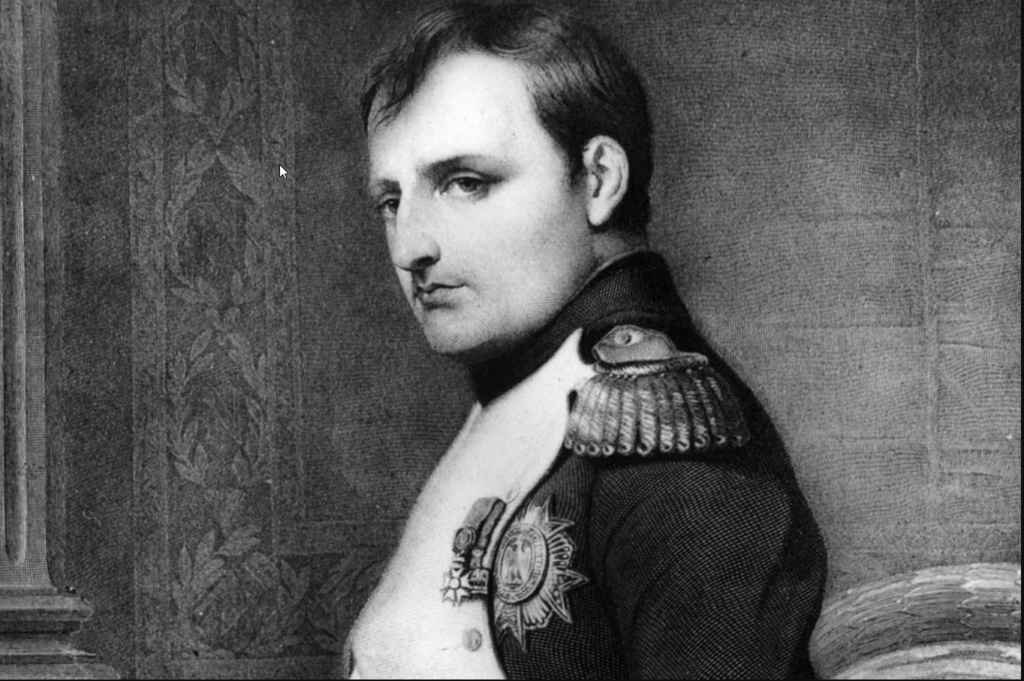
In the contemplative solitude of his initial exile on the isle of Elba, Napoleon Bonaparte assumed an almost sinister countenance, as observed by a relative of the esteemed poet William Wordsworth. This perspicacious depiction was penned by William Crackanthorpe, inscribed within a missive addressed to his sister Sarah in the month of July 1814. This was a time when Napoleon was clandestinely plotting his evasion from the island, merely a year prior to his ultimate downfall on the battlefields of Waterloo, as reported by The Guardian.
Crackanthorpe ventured to Elba and was granted a distinguished audience with Napoleon, recounting that their assembly was graced with the utmost courtesy. Engaging them in discourse for an hour, the conversation wove through trivial matters, all the while Napoleon exuded an unexpected vivacity and an air of refinement, particularly noteworthy as they were all clad in uniform attire.
Intriguingly, Napoleon subtly probed for intelligence concerning his potential adversaries in the English military, yet it became evident that he was more conversant with the subject matter than his guests. Crackanthorpe recounted how in matters of detail, Napoleon displayed an astuteness surpassing their own understanding.
Yet, an undertone in the letter hinted at Napoleon’s clandestine machinations. At intervals, as if immersed in his own ruminations, his visage would transform into an almost malevolent aspect. The lunar light that bathed his countenance perhaps intensified this eerie semblance, while Crackanthorpe mused that Napoleon might have harbored vindictive sentiments against his visitors for witnessing his state of humility.
Despite these impressions, the encounter was characterized by a graciousness that stood in stark contrast to the portrait of a caged wild beast. Crackanthorpe, even in perceiving Napoleon as such, nonetheless congratulated himself for the opportunity to be in the presence of the man who had held Europe in the grip of trepidation for a considerable span of years, an individual who came tantalizingly close to realizing his ambition of universal dominion.
This poignant letter now finds its place of prominence within an exhibition at the library of Cambridge University since the 30th of May. Another epistle from Captain William Turnor, composed shortly after the Waterloo conflagration, resonates with the reverberations of a battle deemed the most sanguinary and momentous since the genesis of the French Revolution.
Turnor’s words vividly evoke the horrors of cannonades exchanged by both sides, with the French exhibiting a desperation that only the English, endowed with an unyielding courage, could surmount. In the midst of this maelstrom, Napoleon emerged as the embodiment of valor, personally leading charges of both infantry and cavalry.
Following his eventual defeat, Napoleon’s fate led him to exile once more, this time on the distant shores of St. Helena in the Atlantic expanse. There, at the age of fifty-one, his chapter concluded, leaving an indelible mark upon history’s grand narrative.